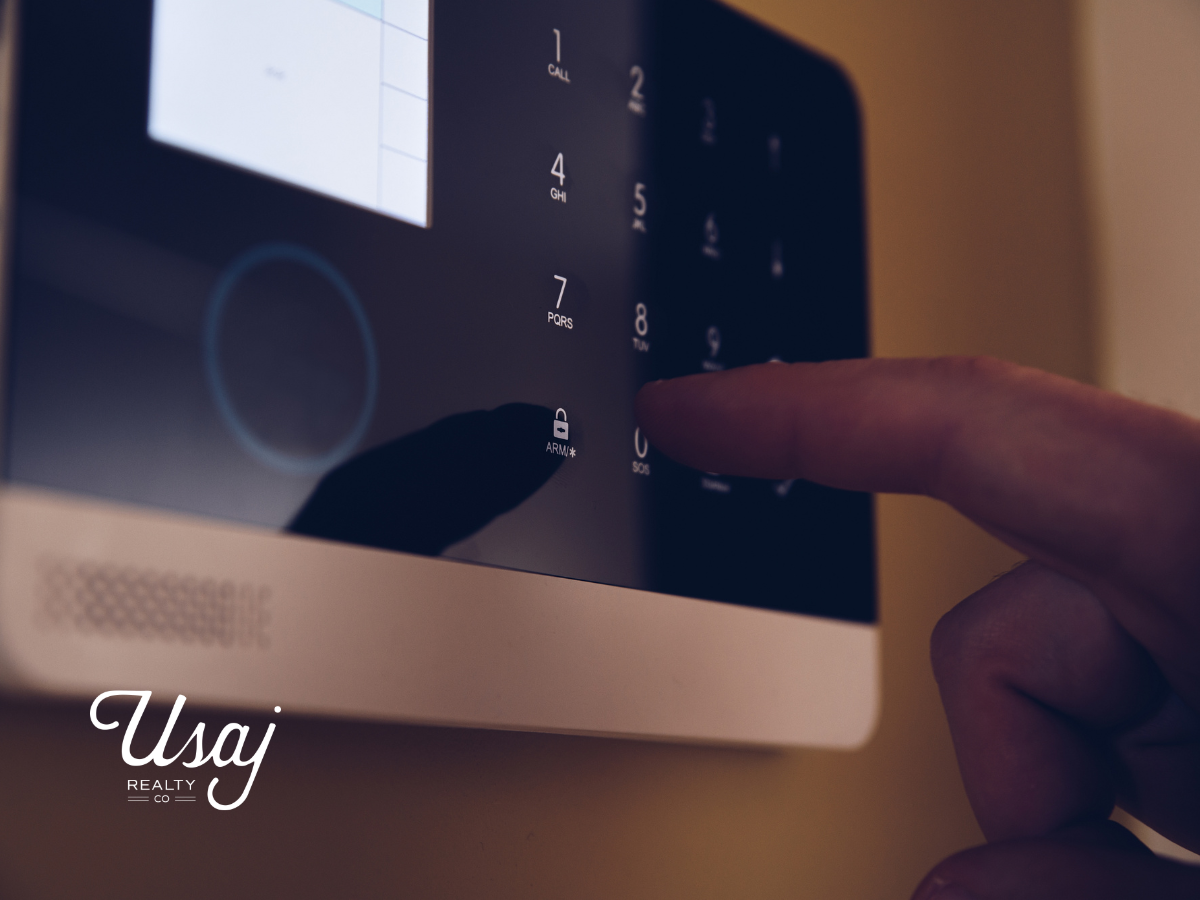Home Security Systems | Pros and Cons of DIY vs. Traditional
A home security system offers us many benefits, as reported by U.S. News & World Report. They include protection, peace of mind, energy savings and reducing your property insurance premiums. There is more than one way to protect your property, and when safeguarding your home or business, you should investigate DIY security systems vs. traditional security systems. What is the difference and what are the pros and cons?
What is a Traditional Security System?
A traditional security system is a classic way to protect your property. They are typically full-service home security providers such as ADT, Vivint, Slomin’s, etc. Because these kinds of home security systems are the oldest, they have the most experience and expertise.
Traditional home security companies send professional technicians to your property to install the equipment. They are often on call 24/7, and it is the security company that bears the responsibly if something goes wrong.
You do not purchase the equipment outright. In addition to professional installation, they offer wireless or hardwired installation, 24-hour emergency response and improved competitive prices. The prices have been dramatically modified because these companies are now in heated competition with DIY services. Still, the contracts are typically long-term, and many consumers often finance over time with the companies because they consider the packages an investment.
Packages typically include a control panel, door and window sensors, fire detection, carbon monoxide detection, flood monitoring, and more. Additional features often include things like live video monitoring, garage door controllers, smart lighting, panic buttons, and more. They can even include upgrades like theft protection and medical alerts.
What is a DIY Security System?
More and more companies are offering DIY home security systems. Examples of these systems include SimpliSafe, Frontpoint, etc. With these kinds of packages, you order the equipment and install it yourself with step-by-step instructions. DIY systems are can be monitored by yourself with a mobile app or you may enroll in professional monitoring plans.
You can often arm and disarm such systems with things like Amazon Alexa and Google Assistant voice commands. Often, you may selected upgrades such as the ability to turn lights on and off, and control the thermostat, flood sensors, smoke detectors, CO2 detectors, etc.
Some of them also come with indoor and outdoor cameras as an upgrade. The cameras can record when sound or motion is detected. The video is stored either locally or in the cloud. If they are stored in the cloud, a cloud subscription is typically required.
Video doorbells, such as Ring, are also considered DIY home security systems. They let you know when someone is at your door, and it includes a video component.
What Are the Pros and Cons of Each Type?
Pros of DIY
- You don’t need to sign a long-term contract.
- Installation is DIY but typically user friendly.
- You don’t have to pay an installation fee.
- Even though the system is DIY, professional monitoring is offered at an affordable rate. Such monitoring can also be set up for special times, such as when you are on vacation. If there is a concern, a monitoring center will contact you first. If they can’t reach you, the call goes to the local authorities.
- DIY is good for budget-conscious people and for those who move around a lot.
- Even though you’ve purchased a DIY system, you can hire a professional locksmith to install specific devices. For example, if you bought a smart lock, you don’t have to install it yourself. A professional locksmith can do it for you.
Cons of DIY
- Despite user-friendly products, a person must be confident in installing a DIY security system that does not include a professional technician. For example, you’ll need to know where to put door and window sensors in your property. These are devices that can tell when a door or window is opened. You’ll also need to know where to place motion sensors that can signal when an intruder is moving through a property.
- DIY means that you are in charge of making sure the equipment is working properly. Often you will receive warnings if something isn’t working correctly, but it’s up to you to act on those warnings.
- DIY means that you may buy more equipment than you need. Therefore, you need to carefully consider the security requirements of your home or business.
Pros of Traditional
- When a technician installs your security system, you have better assurance that the equipment has been installed correctly. They can also answer any questions you may have. Having your system properly installed saves time, and it can also save you money from improper installation.
- Professional technicians are trained to maintain your security system or make recommendations for improvements or replacements.
Cons of Traditional
- Most traditional security systems require you to sign long-term contracts.
- Traditional security systems are more expensive than DIY plans.
- Most traditional companies require an installation fee.
- Traditional methods are better for people who intend to remain at a property for at least three years.
Whether you intend to purchase a DIY security system or a traditional security system, do your homework. Weigh the pros and cons to make the right decision.
(Editor’s note: This article was written by David Lahav of Advanced 247 Locksmith. Advanced 247 Locksmith is based in Denver and provides 24-hour service for residents along the Front Range, from Fort Collins to Colorado Springs).




